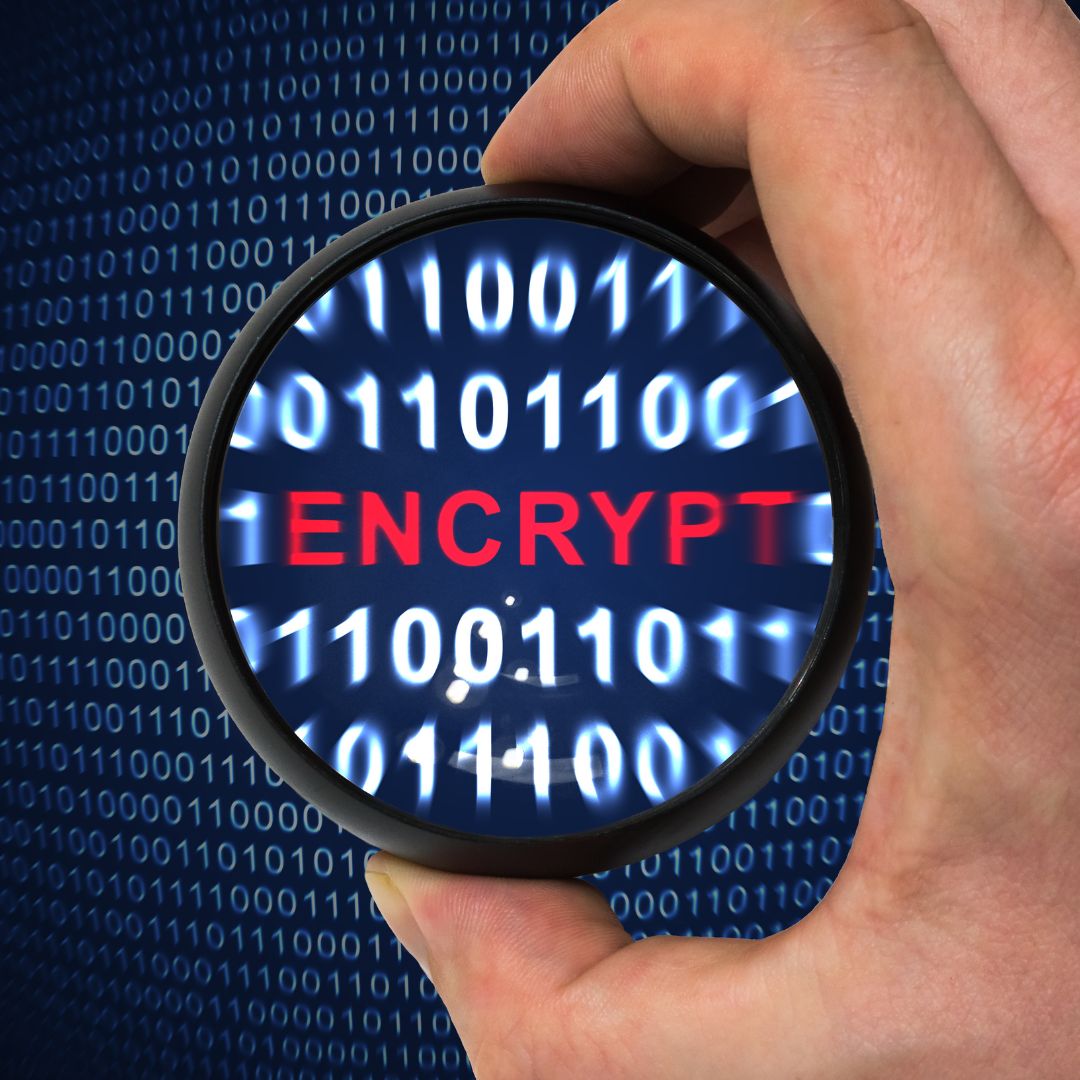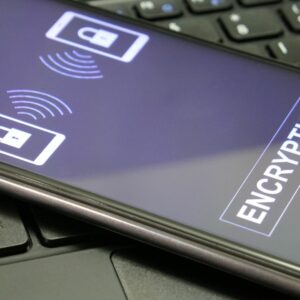Wooden Spoon: Blog

How to Secure Your WiFi Connection: Ultimate Guide for Businesses
Many businesses are growing their presence online and increasing the visibility of their brand. This means that your company needs to be more accessible than ever before. However, with this increased digital visibility comes a risk. If you aren’t equipped with the right security practices, hackers could compromise your company’s private data and leave you vulnerable to cyber threats. How can you safeguard your business from WiFi network threats? Read on to find out more about how to secure your WiFi connection, so that you remain protected from cyber threats.
A Brief Introduction to WiFi Security
WiFi security encompasses the systems, protocols, and standards that secure your WiFi network. Without any type of security, anyone could access your WiFi network. By doing so, they are also able to access all of the WiFi-enabled devices you have on your network, including computers, laptops, smartphones, printers, backup storage, and other devices. They could steal data, delete files, view sensitive internal communications, place viruses on your servers, and more. Essentially, an open or unsecured WiFi network is like leaving the door to your business unlocked, wide open, and with a large welcome sign pointing to it.
There are several different methods you need to employ to fully secure your WiFi network. Many people make the mistake of assuming setting up a password is all they need to do to protect their WiFi. While this is often enough for home networks, it’s not the same for businesses. Home networks aren’t typically targeted by hackers, but your company WiFi may be, especially if you store private customer data such as social security numbers or credit card information. You need to have security software in place, encryption set, and employee WiFi protocols in place so your information isn’t vulnerable.
How to Secure Your WiFi Network: Installing the Right Security Measures
After changing your WiFi default passwords, including the administrator password, you will want to install security software to protect your servers. There are many different security programs out there. Many network programs come bundled with other security software such as antivirus scanners and antimalware programs.
Firewall software is one of the most important tools in your security arsenal. Firewalls are designed to control inbound and outbound connections to the internet. They can restrict access at multiple levels. For example, a firewall can be set to reject all attempted connections from a specific domain, from certain applications, or from outside users. This software will protect the computer or server it’s installed on, but it won’t protect other devices or your overall network.
To protect your network, you need to install a hardware firewall. These firewalls are installed on routers and other devices. Their job is to serve as a shield around your network, protecting it from unauthorized internet traffic. Hardware firewalls can also be used to create segments of your WiFi network. For example, if you need to have both a public and a private WiFi network, a hardware firewall would be placed between the two. This would allow customers and the general public to use your WiFi but would not allow them access to any private data or devices connected to your private network.
Since personal WiFi networks used in most homes are typically made up of a few computers and aren’t usually targeted by hackers, using software firewalls to protect yourself at the device level is typically all you need. With businesses, however, you will also need the extra protection that hardware firewalls provide. You’ll want to incorporate both hardware and software firewalls to create multiple levels of protection.
Limiting Who Has Access to Your Network
Do you know who has access to your network? Access to your network needs to be carefully controlled. One way of doing this is via MAC addresses. Every device has a MAC, or Media Access Control, address that is unique to it. These addresses are made up of six pairs of characters in hexadecimal. That means a character can be a digit between zero and nine or a letter between a and f. Each pair is separated by a colon. A MAC address is different from an IP address, which is another unique identifier for a device on a network. An IP address is typically made up of four numbers separated by periods. Typically, the first two numbers in an IP address are 192 and 168.
One way of locking down your WiFi network is to restrict MAC addresses. To do this, you will need to log in to your router and turn on the option to restrict access to devices with the provided MAC addresses. You will then need to manually enter the MAC addresses of every device that needs access to your WiFi. Obviously, this can be a time-consuming process, especially if you are regularly adding or switching out devices. While this option does limit access, it’s not foolproof. Hackers can spoof or fake MAC addresses, making one of their computers look like a trusted device.
Encryption: The Key to Safeguarding Your Network
Encrypting the data sent across your network and between your network and other computers or servers is vital to protecting your information. In order to fully secure your WiFi network, you need to have an encryption protocol enabled. Most routers offer several different encryption options, with the most popular being WEP, WPA, WPA2, and WPA3. WEP is the oldest option, but because of its age, it does have vulnerabilities that have never quite been solved. Because of this, security experts do not recommend using it.
WPA, likewise, has some vulnerabilities because it was built on systems designed to handle WEP. The same is true for WPA2, though this second version did eliminate some issues. That said, WPA2 is the strongest common form of WiFi encryption currently in use. It uses the Advanced Encryption System (AES) to address many of the issues found in WEP and the first WPA. It also makes use of 256-bit encryption keys, which are very difficult to break.
WPA3 does exist, but it’s not yet supported by some hardware. If you do want to implement this security measure in the future, however, you will want to make certain any new hardware you’re purchasing supports it.
Virtual Private Networks (VPNs)
Finally, a VPN, or Virtual Private Network, is an invaluable tool in your WiFi security toolbox. A VPN is software that acts like a buffer between your computer and the internet. It essentially creates a buffer between your computer and the internet by logging you into a VPN server. That server has firewalls and other software in place to protect those logged in to it. If someone attempts to discover your location, IP address, or other information, all they can see is the VPN server. This means your computer can appear to be in a different country if you connect to a VPN located in that country.
VPNs have become very affordable, with some personal VPNs costing only a few dollars a month if you subscribe to year-long plans. You will want to look at how many servers the VPN runs and what their typical response time is. Most VPNs designed for businesses have large server farms and are able to provide low latency and near-perfect uptimes. Just avoid free VPNs. While it may seem like a great deal, these free options often are just hackers looking for an easy way to steal your information.
VPNs are essential if you have employees working from home or who often travel for work. These employees may be using unsecured WiFi networks at hotels, cafes, and other locations. Doing so leaves not just their computer vulnerable, but it also puts your entire network at risk. Anyone who works remotely needs to be using a VPN.
Wooden Spoon IT is Here to Help
Businesses need to keep their WiFi secure, even those that don’t collect a lot of personal data or have many trade secrets to protect. However, if you’re a small business, you may not have the resources necessary to hire an experienced cybersecurity expert to lock down your WiFi and keep an eye out for cyber-attacks.
That’s where Wooden Spoon IT can help. We provide managed IT services for many small and medium-sized businesses. Our team includes experts in many different areas of technology, including cybersecurity. When you work with Wooden Spoon, you gain access to all of these experts. We will help you secure your network, monitor it for breaches, maintain your hardware and software, and much more.
We firmly believe in taking a proactive approach to cybersecurity. This means we will continually look for ways to improve your WiFi security. While we do recommend many standard security measures such as WPA2 and MAC address access, we also work with your team to develop customized security measures that work for you. No matter what your IT needs are, we will create a plan that will meet all of your security needs while also keeping your budget and future needs in mind.
To learn more about how Wooden Spoon IT can help you, contact us at 707-523-2222.






